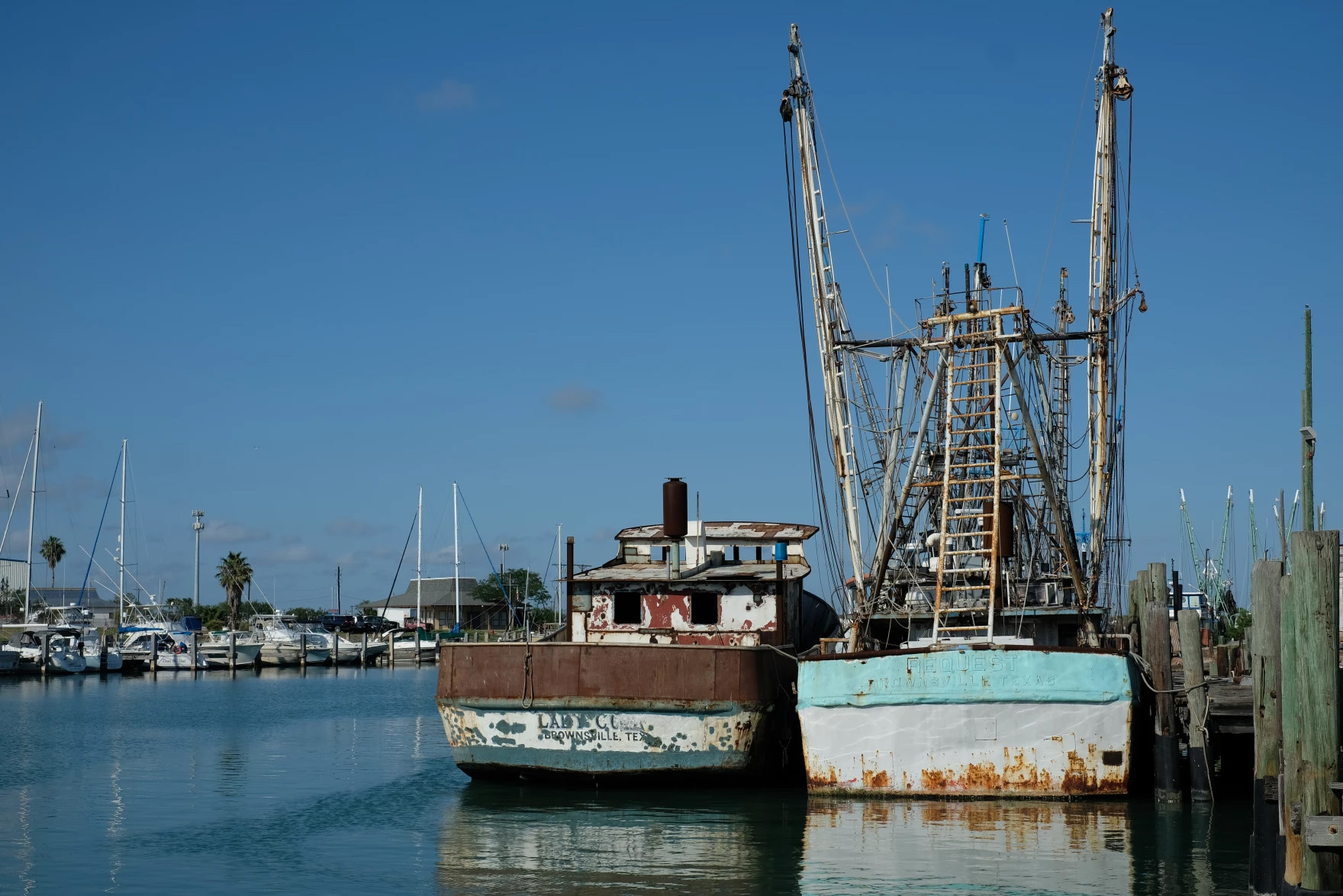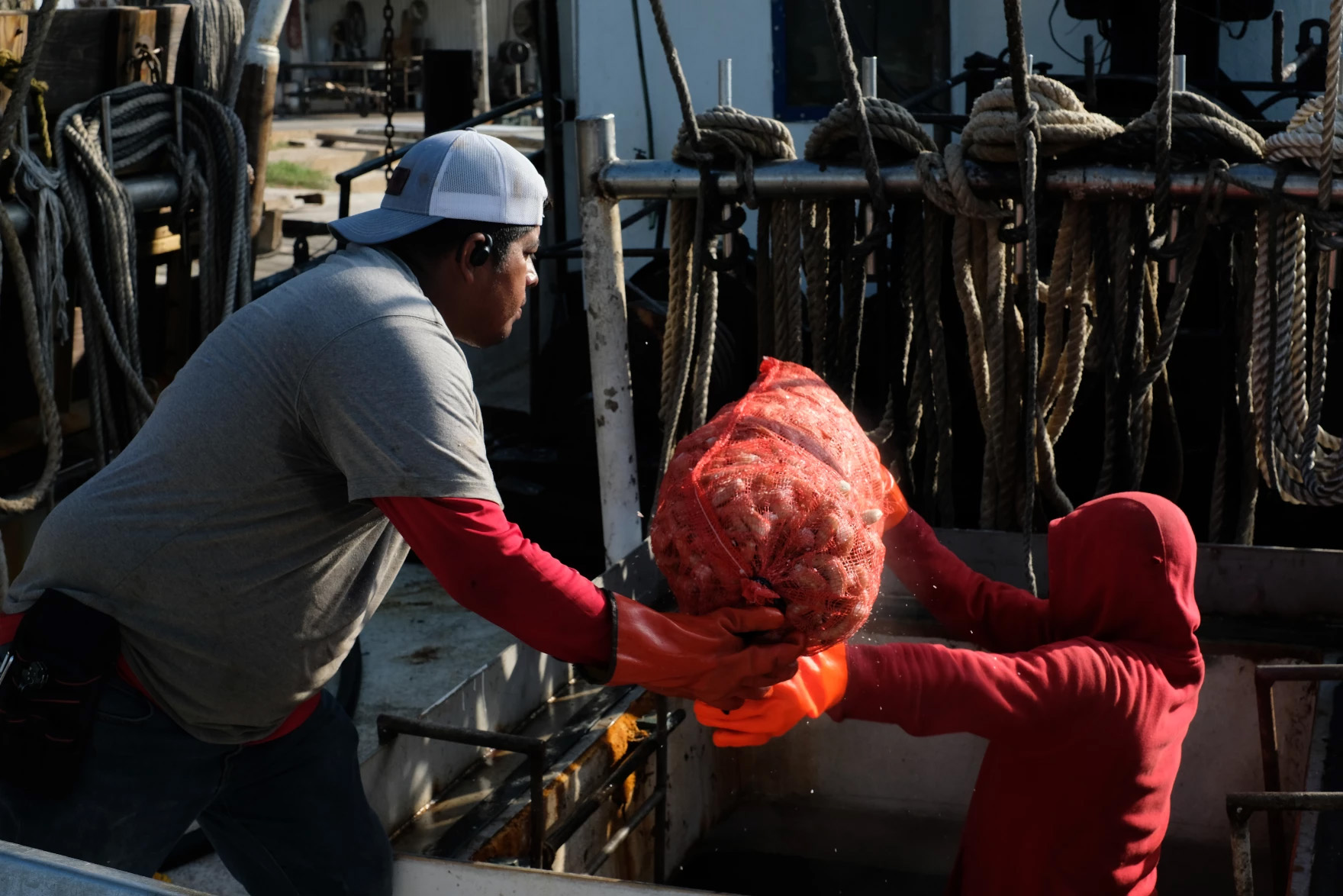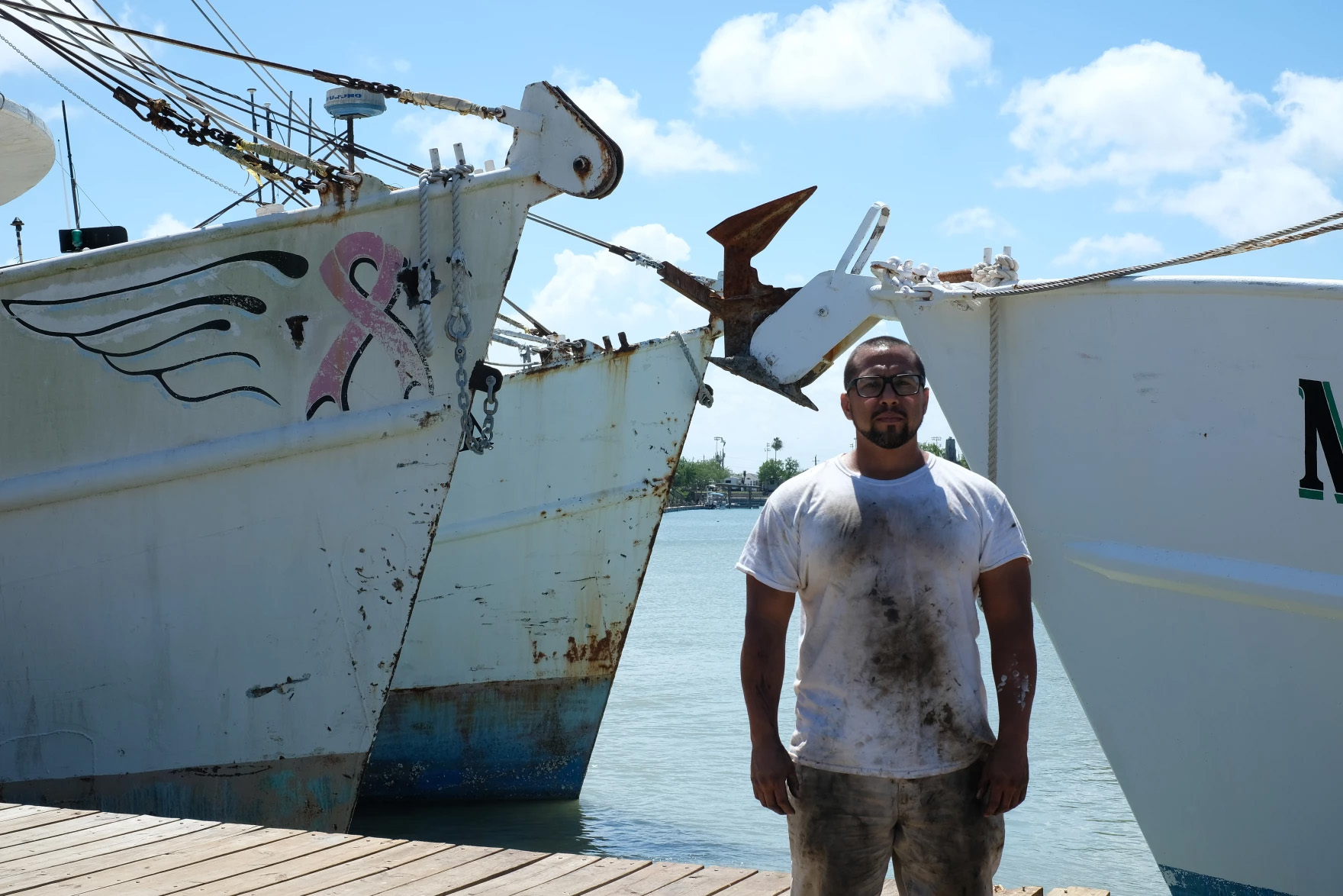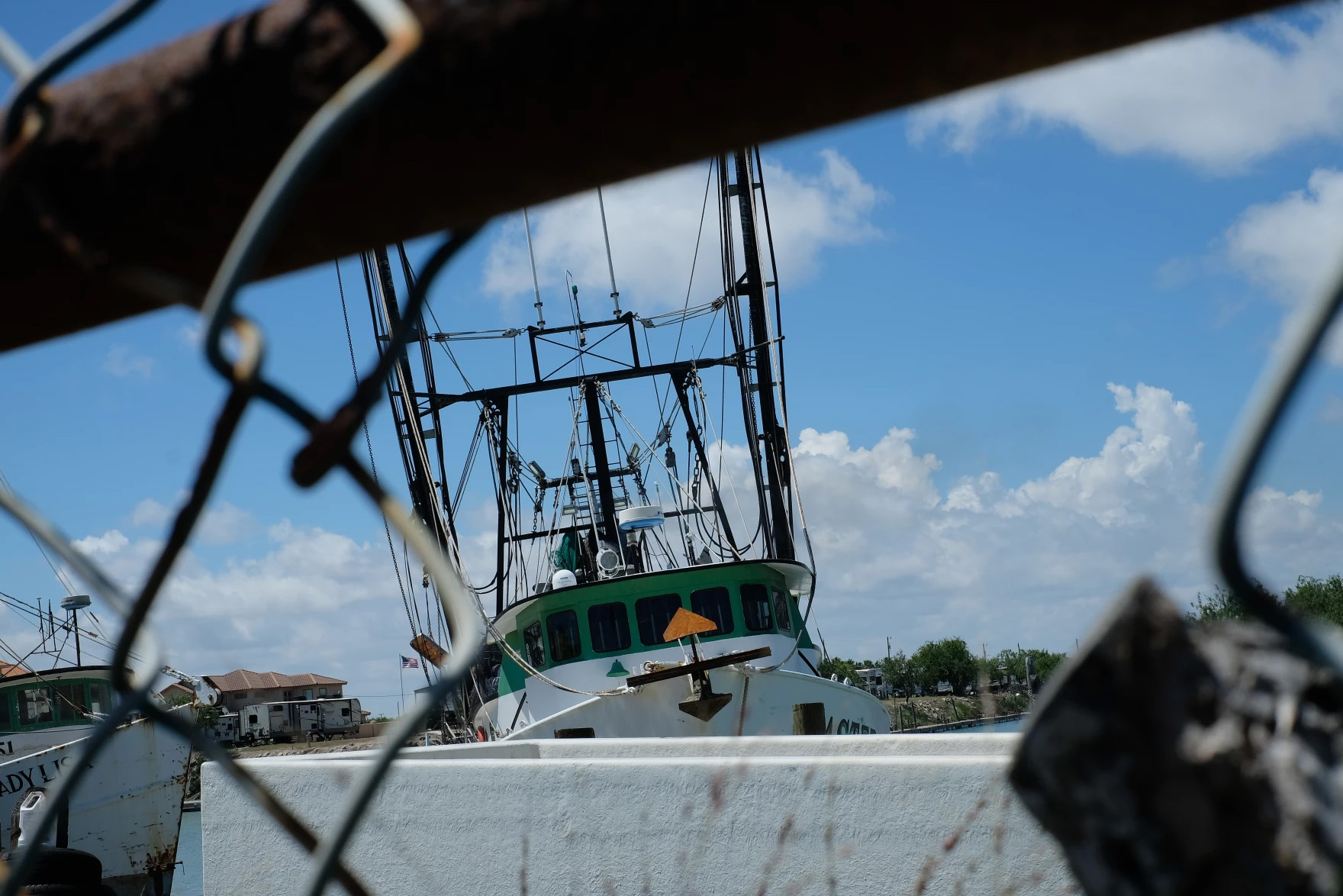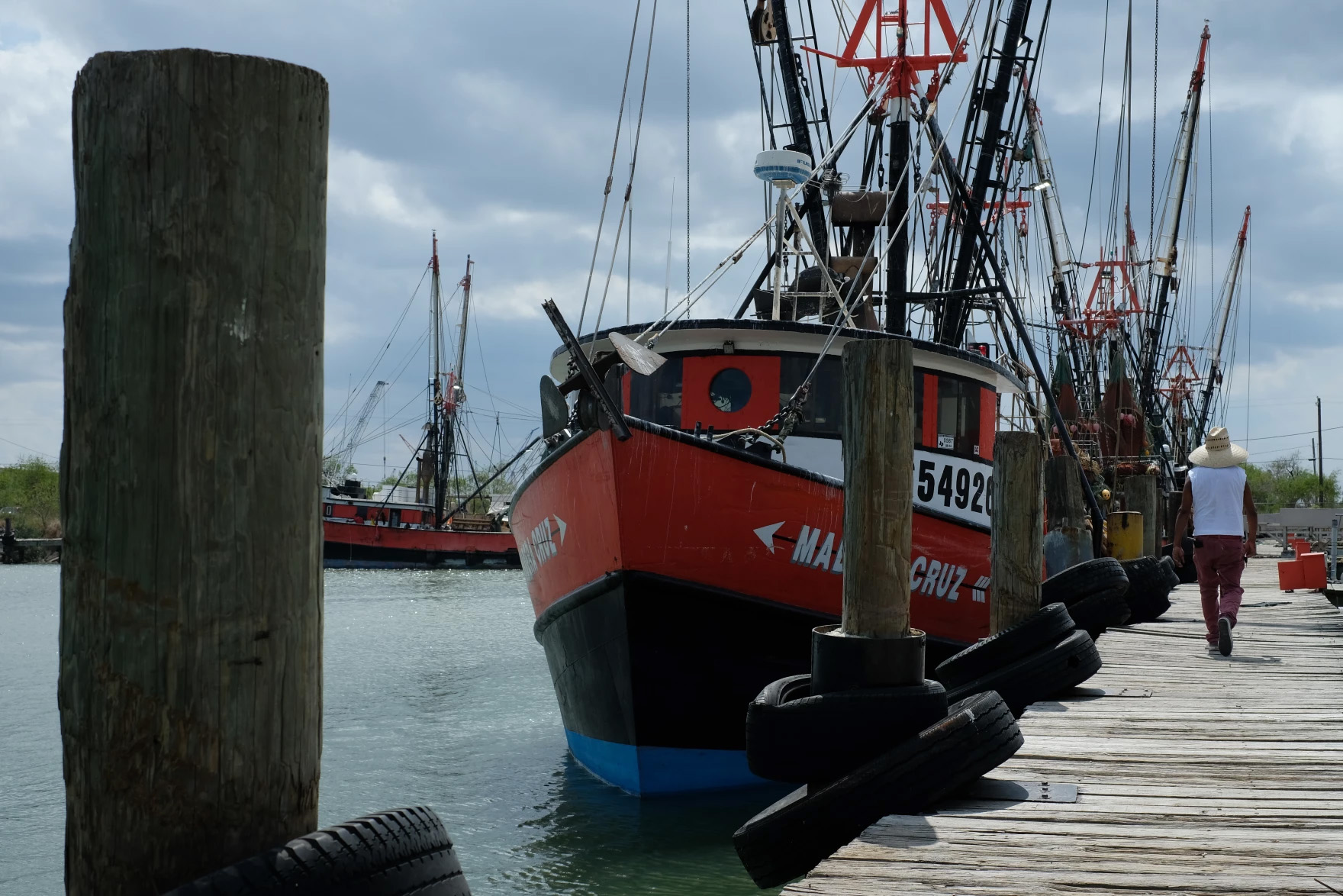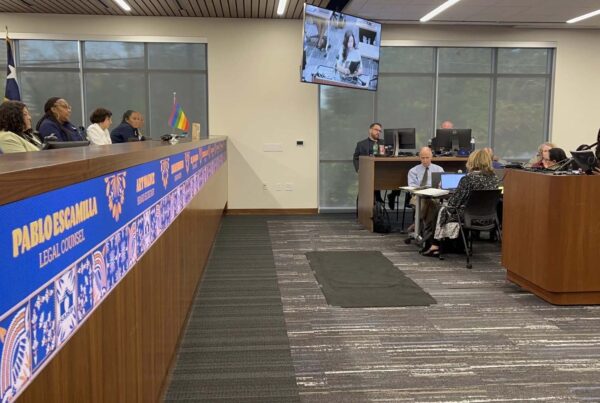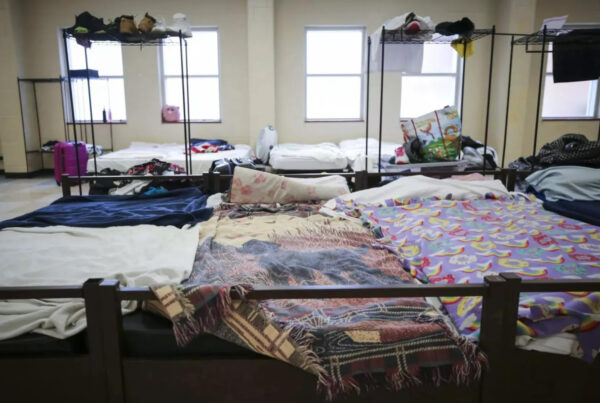From Texas Public Radio:
Once known as the “shrimping capital of the world,” Port Isabel’s shrimp basin has been relatively quiet this season. Only 20 of the basin’s 41 boats went out for the opener in July, with even fewer going back to the Gulf of Mexico for another trip.
In the first five months of this year, Texas shrimpers harvested 6.8 million pounds of shrimp, according to data from the National Oceanic and Atmospheric Administration (NOAA). But across the Gulf industry, boats made less than $3 a pound for their shrimp in May, the lowest prices ever reported for that month since 2002.
In comparison, 800 million pounds of shrimp were imported into the U.S., mostly from India and Ecuador, just in the first half of this year, usually selling for under a dollar a pound. This forced domestic shrimpers to decrease their prices to compete.
The shrimpers TPR spoke to — both on background and on the record — all pointed to imported shrimp as the major cause of the industry’s struggles this year, with fuel and labor following behind. Operating costs can’t be covered with shrimp prices so low — that’s if shrimpers can sell them at all. Most wholesalers have already bought imported shrimp and don’t need more.
Now a multi-state effort is underway to secure help from the federal government before it’s too late.


